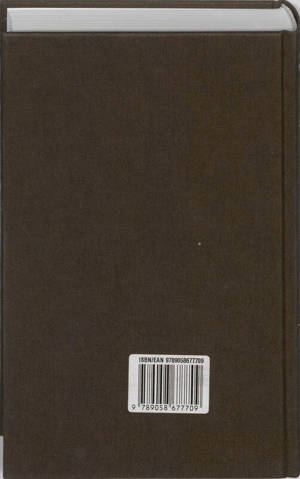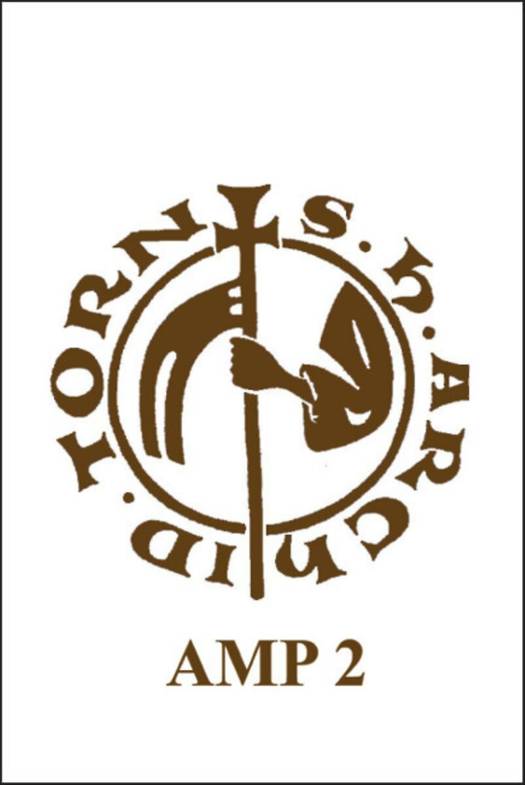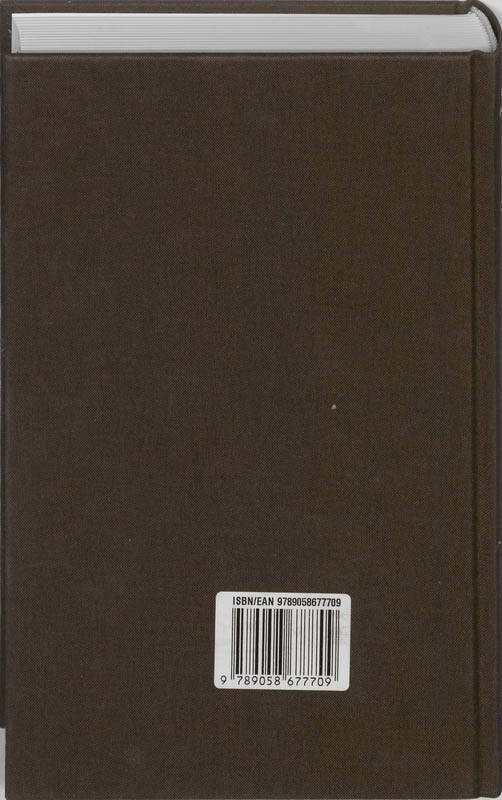
- Afhalen na 1 uur in een winkel met voorraad
- Gratis thuislevering in België vanaf € 30
- Ruim aanbod met 7 miljoen producten
- Afhalen na 1 uur in een winkel met voorraad
- Gratis thuislevering in België vanaf € 30
- Ruim aanbod met 7 miljoen producten


Omschrijving
Henry of Ghent, the most influential philosopher/theologian of the last quarter of the thirteenth century at Paris, delivered his fourth Quodlibet during 1279. This Quodlibet was written at the beginning of the height of his career. In total there are thirty-seven questions, which cover a wide range of topics, including theories in theology, metaphysics, epistemology, philosophical anthropology, ethics, and canon law.
In these questions, Henry presents his mature thought concerning the number of human substantial forms in which he counters the claims of the defenders of Thomas Aquinas, particularly those in Giles of Lessines's De unitate formae, but also those found in Giles of Rome's Contra Gradus. He is critical of Thomas Aquinas's theories concerning human knowledge, the "more" and the "less," and virtue. He also is critical of Bonaventure's analysis of Augustine's notion of rationes seminales.
There are thirty-three known manuscripts that contain the text of Quodlibet IV, and the critical text is reconstructed based on manuscripts known to have been in Henry's school, as well as manuscripts copied from two successive university exemplars in Paris.
The main text is in Latin; the critical apparatus is in English.
Specificaties
Betrokkenen
- Auteur(s):
- Uitgeverij:
Inhoud
- Aantal bladzijden:
- 450
- Taal:
- Engels
- Reeks:
Eigenschappen
- Productcode (EAN):
- 9789058677709
- Verschijningsdatum:
- 15/04/2012
- Uitvoering:
- Hardcover
- Formaat:
- Genaaid
- Afmetingen:
- 166 mm x 248 mm
- Gewicht:
- 1038 g

Alleen bij Standaard Boekhandel
Beoordelingen
We publiceren alleen reviews die voldoen aan de voorwaarden voor reviews. Bekijk onze voorwaarden voor reviews.












